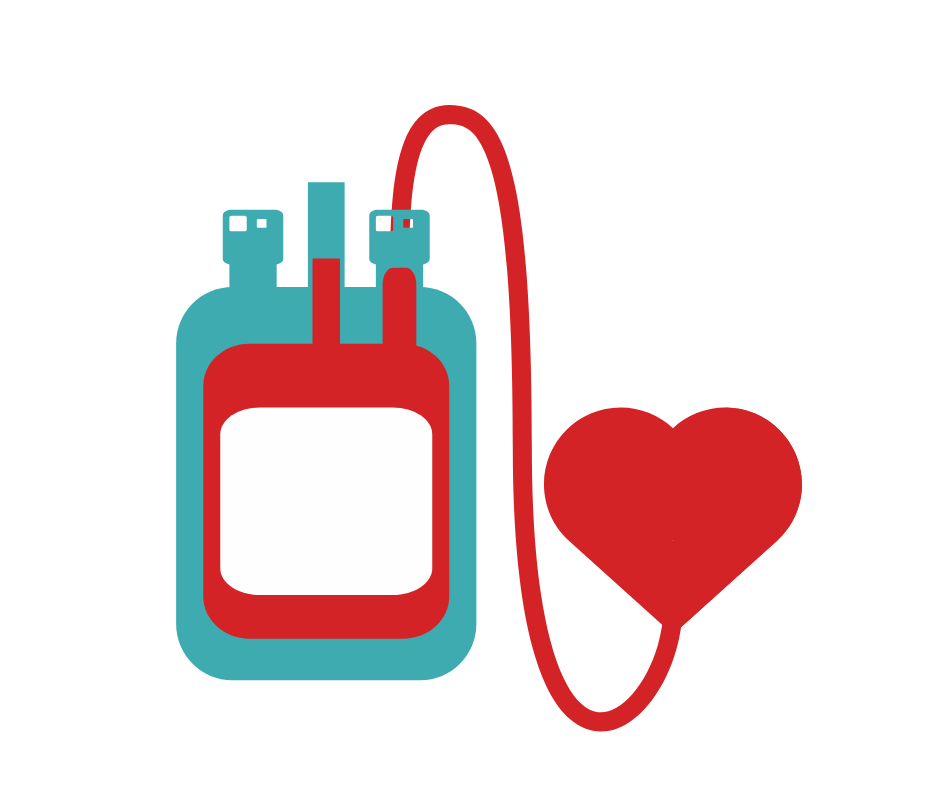In the world of body art and self-expression, tattoos have become increasingly popular. They’re a way to tell a story, commemorate an event, or simply express personal style. But if you’re a tattoo enthusiast and a blood donor, you might have wondered if getting a new tattoo affects your ability to donate blood. The good news is, it doesn’t necessarily prevent you from being a donor. However, there are certain guidelines and waiting periods that you should be aware of.
Understanding the Waiting Period: A Journey Through Time
In the past, people who got new tattoos were advised to wait a year before donating blood. This was due to the risk of transmitting bloodborne viruses such as hepatitis B, hepatitis C, and HIV, which could be contracted through unclean tattoo needles. However, in April 2020, the Food and Drug Administration (FDA) updated its recommendations and proposed a deferral period of 3 months. This change was a significant step forward, making it easier for tattoo enthusiasts to continue their life-saving donations. It’s a testament to the advancements in safety and hygiene practices in the tattoo industry.
State-Regulated Tattoo Shops: A Game Changer
The waiting period can be waived if you got your tattoo at a state-regulated tattoo shop. These shops are routinely monitored for safe and sterile tattooing practices, reducing the risk of infection. If you’ve gotten inked at a state-regulated tattoo parlor, you can donate blood immediately. However, if you got your tattoo in a non-regulated shop, you would still need to wait for 3 months before donating. This distinction is crucial and highlights the importance of choosing reputable, regulated tattoo parlors for your safety and the safety of those receiving your blood. It’s a reminder that not all tattoo parlors are created equal, and it’s essential to do your research before getting inked.
The Reason Behind the Waiting Period: A Safety Net
You might wonder why there’s a waiting period at all. The waiting period is in place to ensure that any potential bloodborne illnesses contracted during the tattooing process can be detected. If you’ve contracted a bloodborne illness, detectable antibodies will likely appear during this 3-month period. This safety measure is crucial to ensure the health and safety of blood recipients. It’s a testament to the stringent safety measures in place to protect both donors and recipients.
Beyond Tattoos: Other Factors to Consider
It’s not just tattoos that can affect your ability to donate blood. Piercings and all other nonmedical injections on your body also require a 3-month waiting period before you can donate. Like tattoos, piercings can introduce foreign material and pathogens into your body. So, whether you’re thinking about getting a new piercing or trying a cosmetic injection, keep in mind that these procedures could affect your eligibility to donate blood. It’s a reminder that our actions, even those done for personal enhancement or self-expression, can have broader implications.
The Constant Need for Blood Donations: A Call to Action
Despite these restrictions, the need for blood donations is high. In the U.S., 36,000 units of red blood cells, 7,000 units of platelets, and 10,000 units of plasma are needed daily. Blood saves lives, and one donation may save up to three lives. This fact underscores the importance of blood donations and the significant impact each donor can have. It’s a call to action for all of us to consider donating blood, whether we’re tattoo enthusiasts or not.
Conclusion: A Call to Arms (Literally)
Getting a tattoo doesn’t mean you can’t be a blood donor. As long as you follow the guidelines and wait the necessary period, you can still make a significant contribution to saving lives. So, show off that ink and give the gift of life! Remember, your decision to donate blood can make a huge difference in someone’s life. It’s a small act that carries a lot of weight.
In the end, it’s not just about the ink on your skin, but the blood in your veins. And that blood could be the lifeline someone else needs. So, if you’re eligible and able, consider making a blood donation appointment today. Your body and those in need of blood will thank you. And remember, the cookies are waiting!

